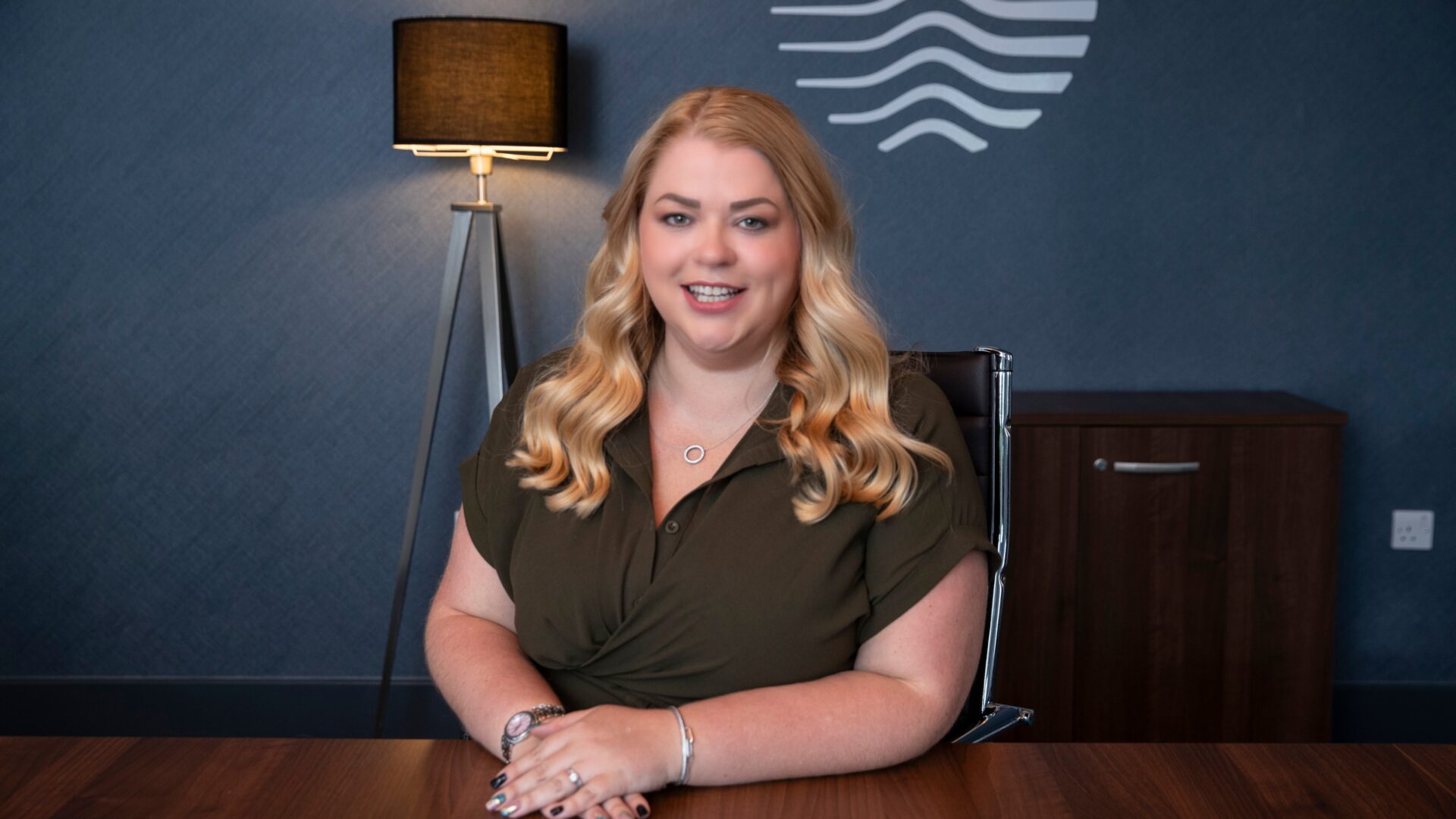
Advances in health care, and improvements in living and working conditions mean that life expectancy has improved over the last 40 years. However, there may come a time when you are no longer able to communicate or make your own decisions. So, what can you do to help yourself and your family now?
A Power of Attorney (POA): is the general term for a legal document that allows someone to act on your behalf. The official name was previously, Enduring Power of Attorney (EPA): This was replaced by the LPA in 2007. EPAs are still valid if created before then but only cover property and financial decisions. Now, Lasting Power of Attorney (LPA): is the modern and most comprehensive option, covering both health and welfare, and property and financial affairs. It must be registered with the Office of the Public Guardian before use.
Having a Power of Attorney (PoA) in place can make things much easier if and when that time comes, allowing someone to act on your behalf if you want someone to make decisions for you (with consent) and/or you have lost mental capacity.
Recent research from Paragon Bank has revealed seventy-two per cent of savers over 65 years old do not have Power of Attorney (PoA) arrangements in place.
The research, based on a study of over 1500 savers, showed that older savers, between 75 and 84 were more likely to have a PoA, with 31% (of them) appointing an attorney. This falls to just 24% in the 65 to 74 age group.
The main reasons cited by those without a Power of Attorney included not needing one (61%), not having enough information about PoA (18%) and 17% not wanting to lose control of their finances.
52% of those with PoA in place were most likely to select a child or children to be their attorney, followed by 43% selecting a spouse and 6% (of savers) choosing a professional, like a lawyer or accountant.
“Though it may be uncomfortable to think about a time when managing your personal affairs could become challenging, appointing a trusted Power of Attorney (PoA) provides you with a crucial safety net for those unexpected moments when handling your finances may become too difficult” says Emma Cherrington, chartered financial planner
“It is a wise decision for adults of any age, becoming even more crucial as you get older. A POA provides legal protection by ensuring that your affairs are managed according to your wishes, reducing the risk of disputes among family members or other parties.
It can also help ensure business continuity for business owners, as a POA ensures that someone can continue to run the business smoothly in your absence, maintaining operations and making critical decisions.
The COVID-19 pandemic has shown us that it’s not just about losing mental capacity; various life circumstances can arise at any stage, making it necessary for a trusted person to step in and make decisions in your best interest when you can’t do so yourself.
I have experience working with individuals who hold POA for their children, siblings, or parents who lack the capacity to manage their own finances. My role involves ensuring that their financial needs are met and strategically planning to ensure their funds provide for their future, given their inability to do so themselves.” continues Emma
Having the right protection in place for your best interests, while you are able (to make those decisions) is so important. Don’t leave it too late to put something in place.
As financial planners, we have strong relationships with many professionals who can help you if this is something you are looking to discuss further or establish. Please do get in touch if you would like to be put you in touch with someone.
Stats provided by Paragon Bank
Contact us today on 01642 765957 OR info@activefp.co.uk
Find out more about Emma Cherrington OR visit the Active website
And for regular updates, follow us on socials Facebook, Twitter, LinkedIn and YouTube



